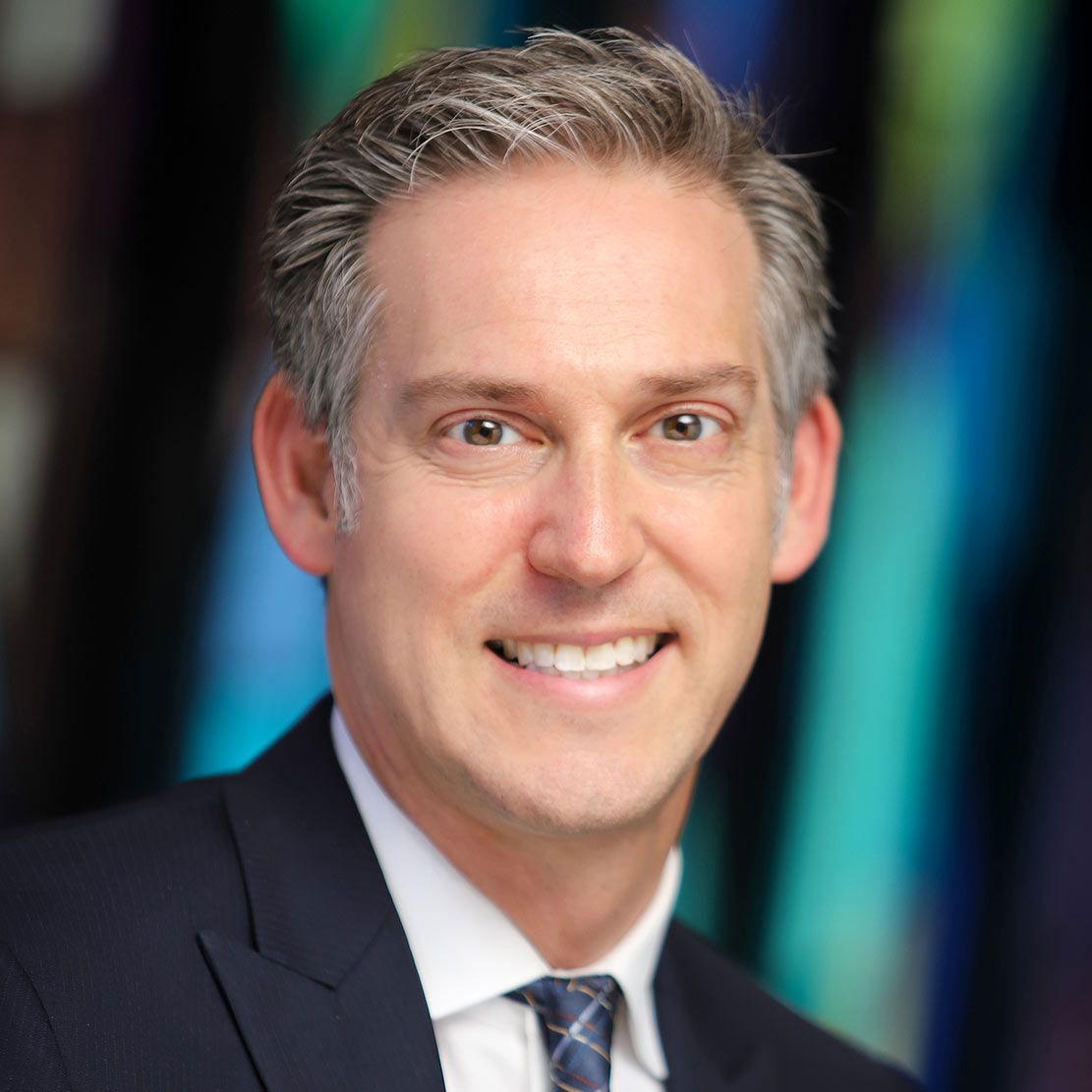
Rabbi Sherman - Honorable Mensch-ion
How Sherman, Sinai Responded to Angry Rabbinical Students
December 22, 2023
An ostensible advantage of leading one of the largest synagogues in Los Angeles, Sinai Temple, is that the outside world tends to monitor what is and is not said during a perceived crisis.
Read More about How Sherman, Sinai Responded to Angry Rabbinical Students
December 17, 2023
In any other year, we would put our Chanukiya away today and tonight we would kindle the Shabbat candles. We know this is not any other year.
December 8, 2023
Ambassador Michael Oren, author of the new book 2048: The Rejuvenated State, spoke at the closing of the JNF-USA Global Conference in Denver, Colorado. He quoted the first Prime Minister of Israel, David Ben-Gurion, who was a voracious writer in his diary.
This Holiday Season, How Can We Navigate Difficult Conversations?
December 1, 2023
The season of Thanksgiving is meant to be a time of reunion. At a time wrought with strife, with wars being waged, and intense emotions surrounding those, it may not have been an easy time to come together. For those of us who found this to be the case, the question we are now sitting with is: Where do we go from here?
Read More about This Holiday Season, How Can We Navigate Difficult Conversations?
November 27, 2023
Do you act upon your dreams? There is a difference between the dreams of Jacob and the dreams of Pharaoh.
November 17, 2023
I have prayed in many places around the world: Standing in the depths of Auschwitz, at the Kotel with my children, overlooking the Grand Canyon with my family, and in our stunning Ziegler Sanctuary.
November 13, 2023
I have spent the last two days at Marquette University participating in the Sport at the Service of Humanity Conference.
November 3, 2023
The first question in the Torah that God asks Adam is ayeka, where are you?
A Visit to Palisades High School
October 27, 2023
'I have not set foot on a high school campus in many years. I interact often with teenagers at our synagogue. I consult with teens, give them the appropriate resources to combat antisemitism in the classroom and in the halls of their schools, and educate them on the history and the importance of Israel. After they become b’nai mitzvah, complete religious school or graduate Sinai Akiba Academy, we send these young people off to act as Jewish leaders in their high schools, private and public schools alike. If we are lucky, a small majority of teens stay active and deeply connected to synagogue life. It is the reality of the world.
October 20, 2023
The families of the hostages set up an empty Shabbat table in Tel Aviv. The picture is haunting. 200 seats, each for one hostage that will not be at their Shabbat table tonight.

Rabbi Erez Sherman